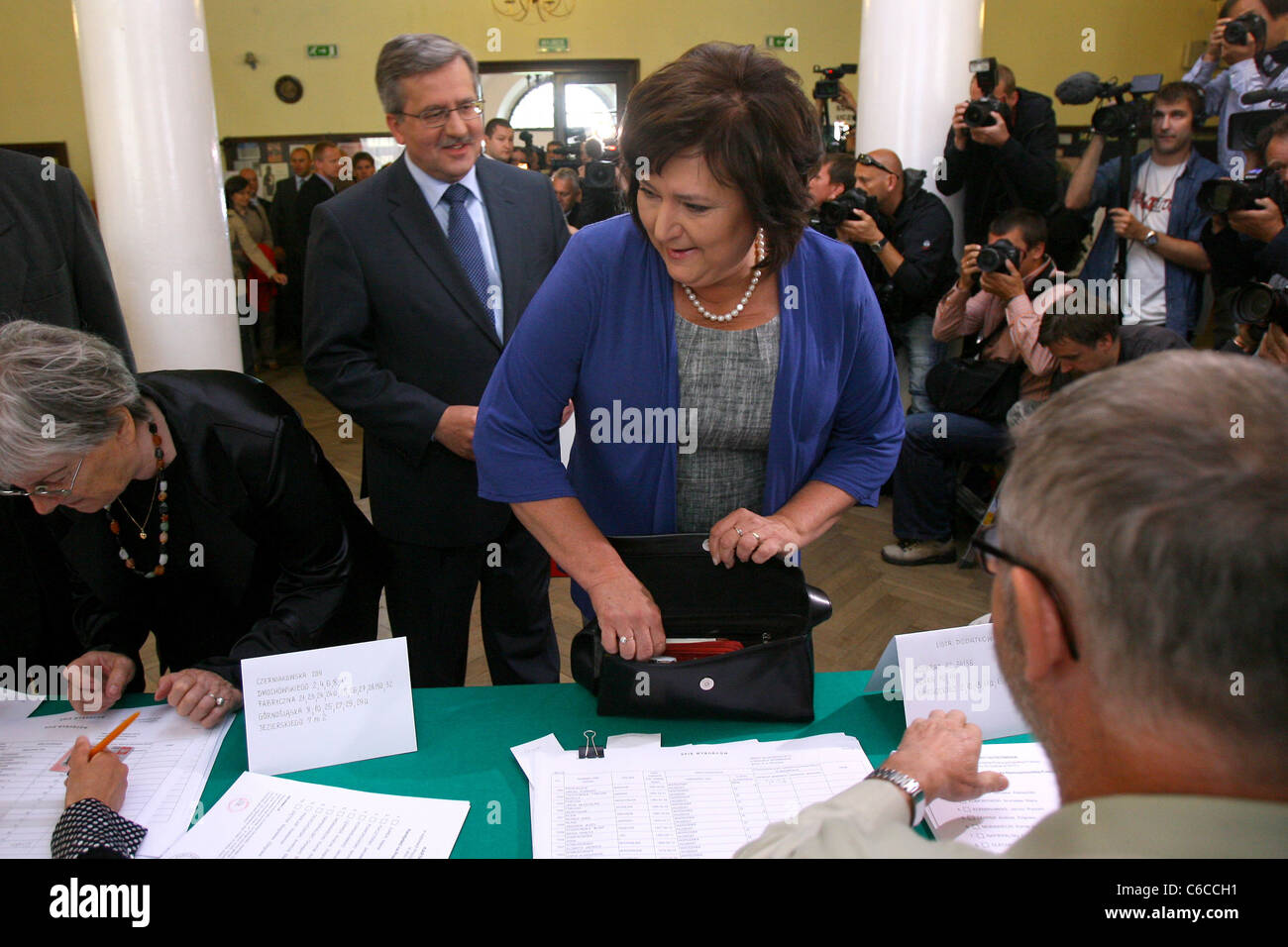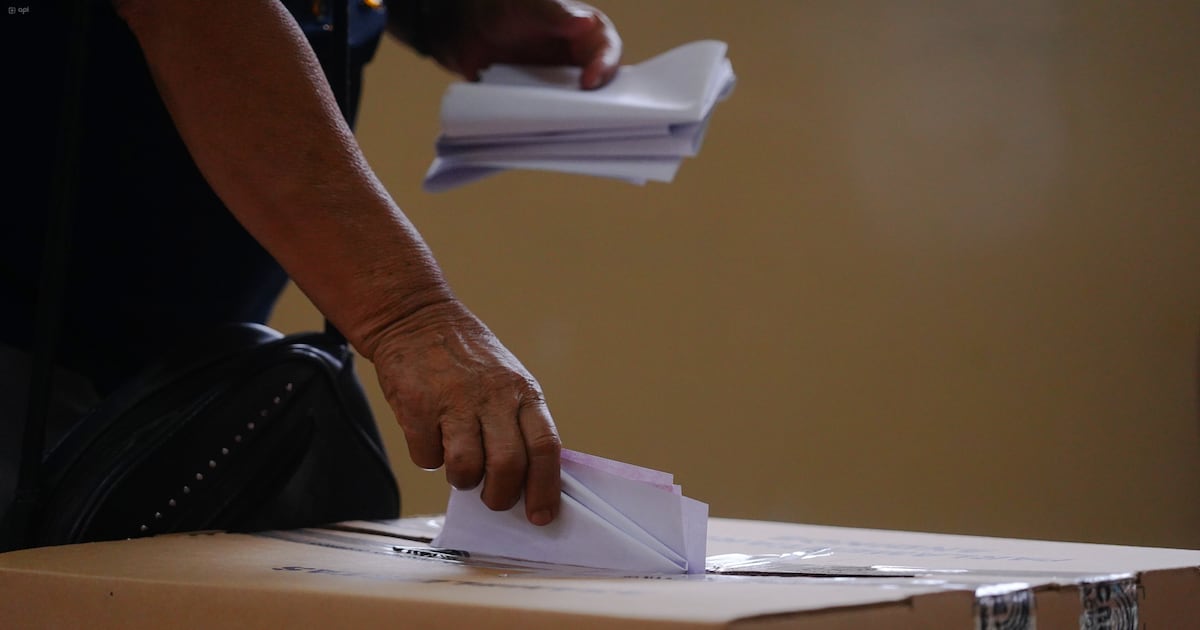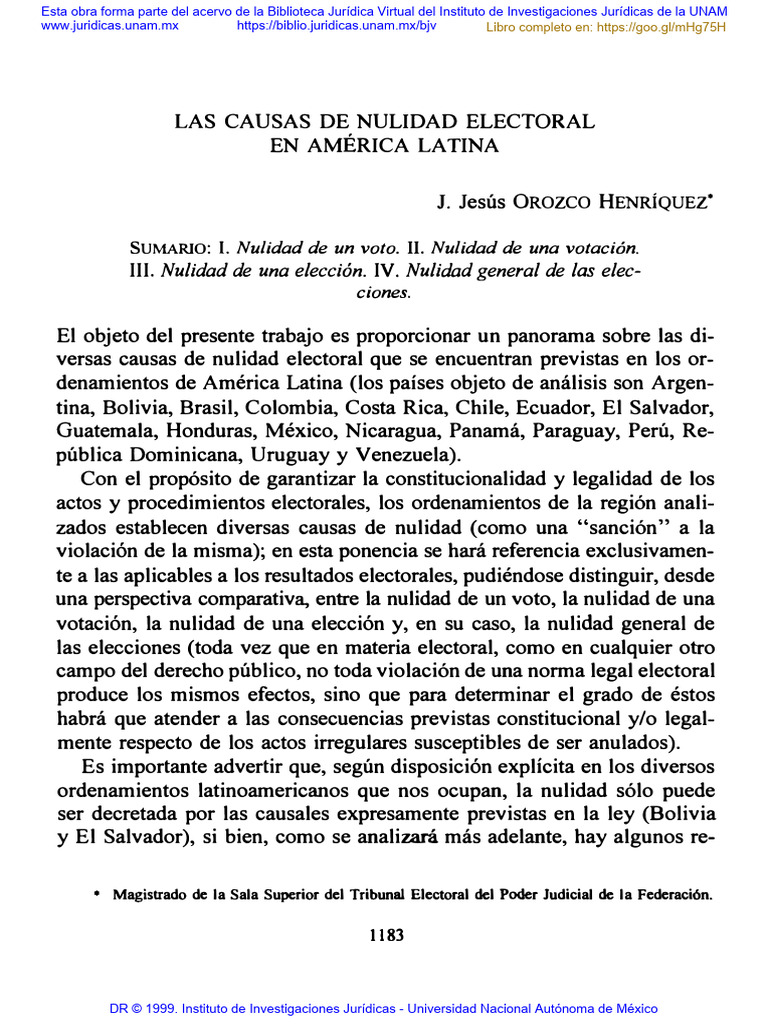Polish Presidential Vote: A Test For The Pro-EU Government

Table of Contents
The Ruling Party's Stance and its Vulnerability
The Law and Justice (PiS) party, currently in power, has pursued a pro-nationalist agenda, leading to increased friction with the EU. While not explicitly advocating for leaving the EU, their policies, often perceived as Eurosceptic, have strained Poland's relationship with Brussels. The Polish Presidential Vote could determine whether this trend continues or if a shift towards greater EU cooperation is possible. The potential impact on Poland’s relationship with the EU is substantial.
- Recent controversies surrounding Poland's judicial reforms and their EU implications: PiS's judicial reforms have been repeatedly criticized by the EU as undermining the rule of law, leading to ongoing legal battles and the withholding of EU funds. This has created significant tension and uncertainty.
- Public opinion polls regarding EU membership and the government's handling of EU relations: While support for EU membership remains strong in Poland, public opinion on the government's handling of EU relations is divided, with concerns about sovereignty and national interests playing a significant role. Recent polls show fluctuating support for both the ruling party and the opposition, reflecting this internal debate.
- Potential economic consequences of a strained EU relationship for Poland: A continued rift with the EU could have severe economic consequences for Poland, impacting access to EU funding, investment, and trade. The Polish Presidential election will directly affect the country’s economic future, given the vital role the EU plays in its economy.
Opposition Candidates and their Pro-EU Platforms
The opposition presents a diverse range of candidates, but a common thread among many is a stronger commitment to pro-European integration. This Polish Presidential Vote offers a clear choice between different visions for Poland's future within the EU. Their platforms often emphasize closer collaboration with Brussels and a commitment to upholding the rule of law, aiming to repair the damaged relationship with the EU.
- Detailed analysis of each candidate's position on EU membership and cooperation: Candidates generally advocate for a closer alignment with EU norms and values, suggesting a departure from the PiS's more nationalistic approach. This includes pledges to address the concerns raised by the EU regarding judicial independence and other key issues.
- Comparison of their approaches to resolving disputes with the EU: Opposition candidates generally favor dialogue and compromise to resolve existing conflicts with the EU, promising a more cooperative relationship focused on mutual benefit.
- Assessment of their potential to garner support from pro-EU voters: The opposition’s pro-EU stances are anticipated to attract significant support from voters concerned about the consequences of strained relations with the EU, particularly among young and urban populations.
International Implications of the Polish Presidential Vote
The Polish Presidential Vote carries significant weight beyond Poland's borders. The outcome will have a noticeable impact on EU stability and the broader geopolitical landscape of Eastern Europe. The election's result will affect EU-Russia relations and the overall strategic balance in the region.
- Reactions from other EU member states to the election: The election outcome will be closely watched by other EU member states, with the result influencing their approach to Poland and the future of EU integration. A continuation of the current government’s policies could lead to further sanctions or strained relationships.
- Potential effects on Poland's standing within the EU: A victory for a pro-EU candidate could lead to a significant improvement in Poland's standing within the EU, paving the way for increased cooperation and access to resources. Conversely, a PiS victory might lead to further isolation.
- Influence on future EU policies regarding Eastern European countries: The result could impact the EU's broader approach to supporting democracy and the rule of law in Eastern European countries, particularly regarding the balance between national sovereignty and adherence to EU norms and values.
Domestic Factors Influencing the Vote
While EU relations are central to this Polish Presidential Vote, domestic factors also play a crucial role in shaping voter choices. Economic conditions, social issues, and the influence of media all contribute to the outcome.
- Economic conditions in Poland and their impact on voting patterns: Economic prosperity and job security are major concerns for Polish voters. The government's economic policies and their impact on the average citizen will greatly influence voting patterns.
- Social issues influencing the electorate's decisions: Issues such as healthcare, education, and social welfare programs are also important factors shaping voters' preferences. Public opinion on these issues varies significantly across demographics.
- Role of media and disinformation campaigns in shaping public opinion: Media coverage and disinformation campaigns can significantly shape public opinion and influence voting choices. Independent verification of information sources is crucial during the election period.
Conclusion: The Stakes of the Polish Presidential Vote – A Pivotal Moment for EU Relations
The Polish Presidential Vote represents a critical juncture for Poland's relationship with the EU. The election's outcome will significantly impact the country’s future within the EU, its economic trajectory, and its standing on the international stage. The choices made by Polish voters will have long-lasting repercussions for both Poland and the European Union.
To stay informed about the implications of this crucial Polish Presidential Vote and its impact on Poland and the EU, follow reputable news sources and political analysts specializing in Polish politics and EU-Poland relations. Understanding the nuances of this election is crucial for comprehending the future direction of both Poland and the European Union. Stay informed on the developments of this critical Polish Presidential Election and its impact on the EU.

Featured Posts
-
 Impugnacion De Correismo A La Prohibicion De Celulares En La Segunda Vuelta
May 19, 2025
Impugnacion De Correismo A La Prohibicion De Celulares En La Segunda Vuelta
May 19, 2025 -
 Stolen Restaurant Stolen Dreams The Fight For Compensation Begins
May 19, 2025
Stolen Restaurant Stolen Dreams The Fight For Compensation Begins
May 19, 2025 -
 5 Time Grammy Nominee Announces Retirement Due To Age And Memory Issues Final Show In May
May 19, 2025
5 Time Grammy Nominee Announces Retirement Due To Age And Memory Issues Final Show In May
May 19, 2025 -
 Sinners Comeback Hamburg On The Horizon
May 19, 2025
Sinners Comeback Hamburg On The Horizon
May 19, 2025 -
 18 Recursos De Nulidad Presentados Ante El Cne Para Las Primarias 2025
May 19, 2025
18 Recursos De Nulidad Presentados Ante El Cne Para Las Primarias 2025
May 19, 2025
